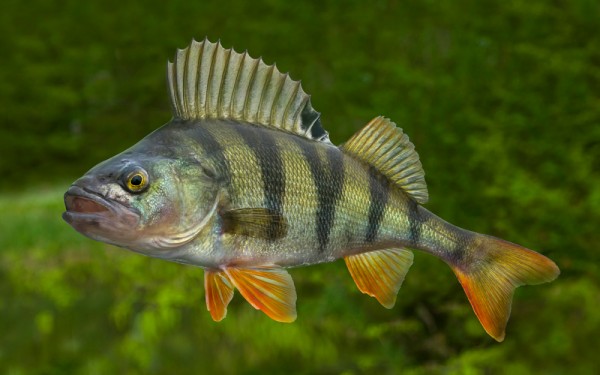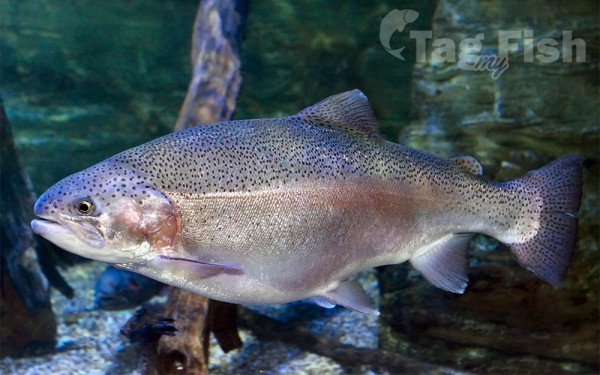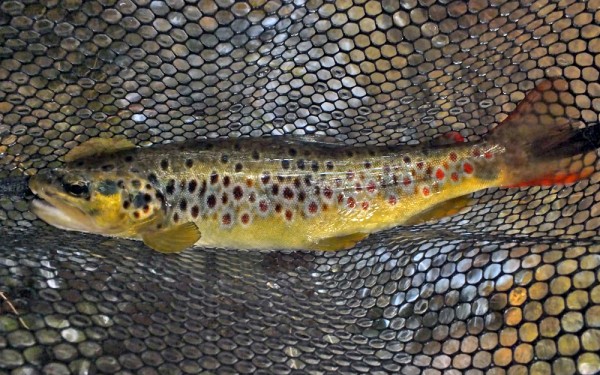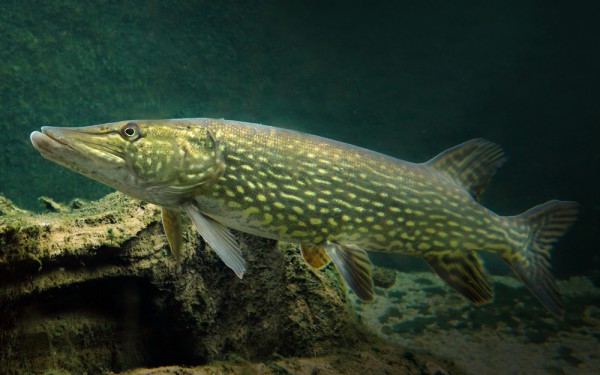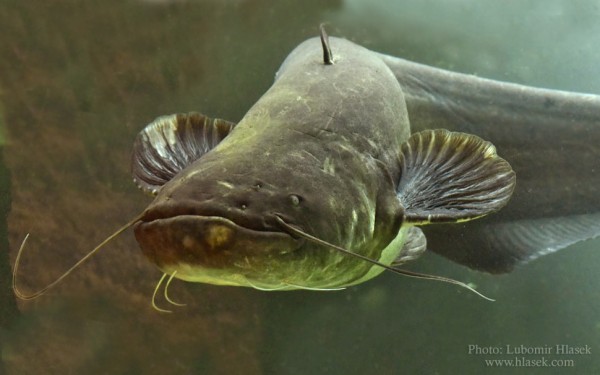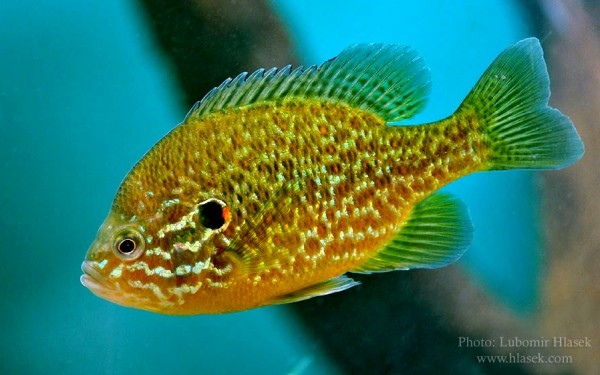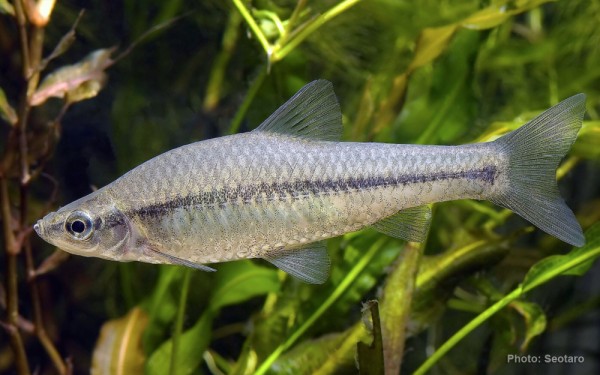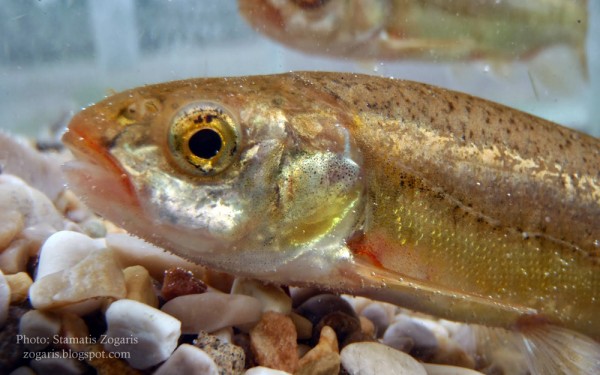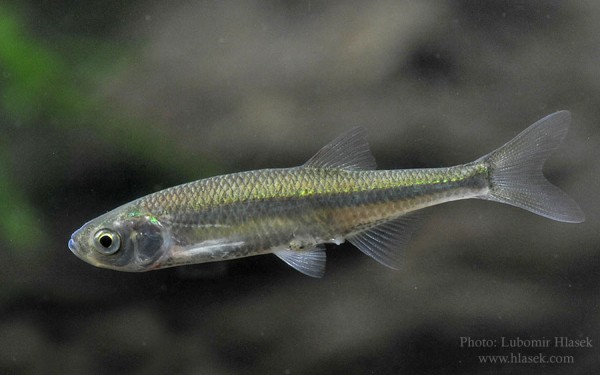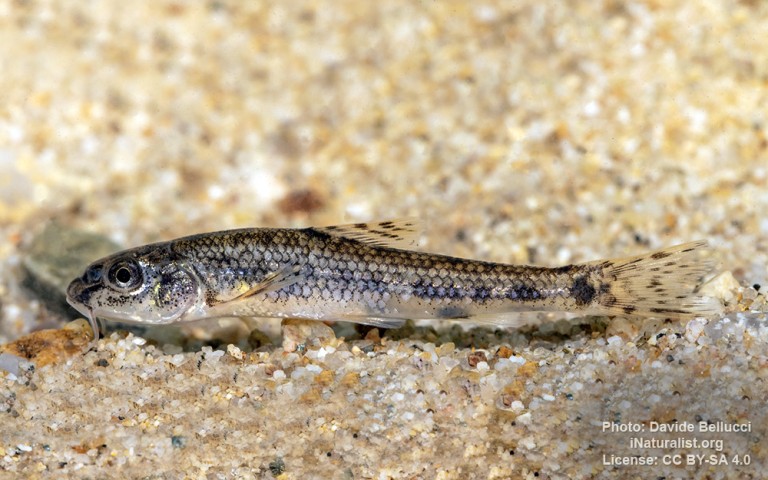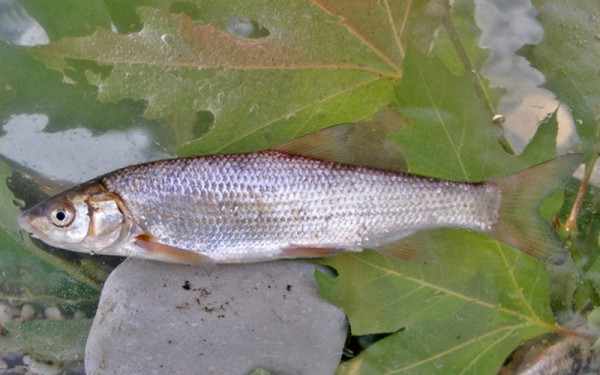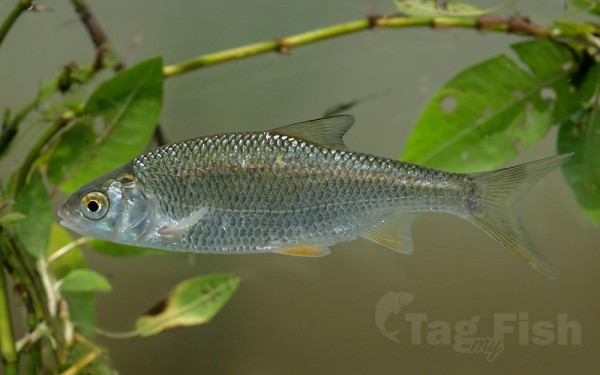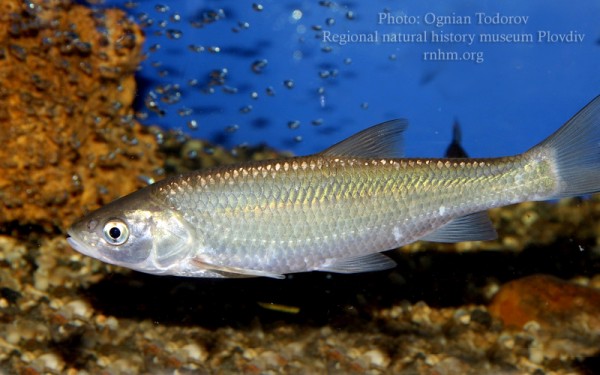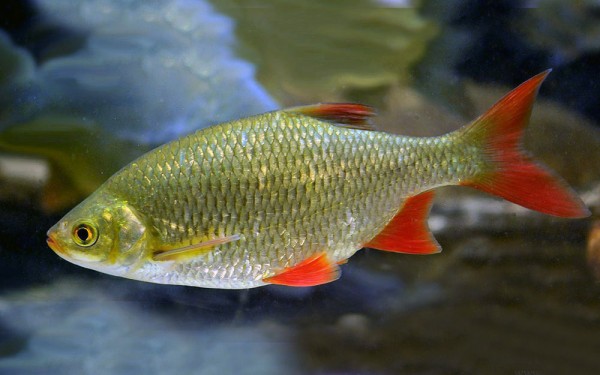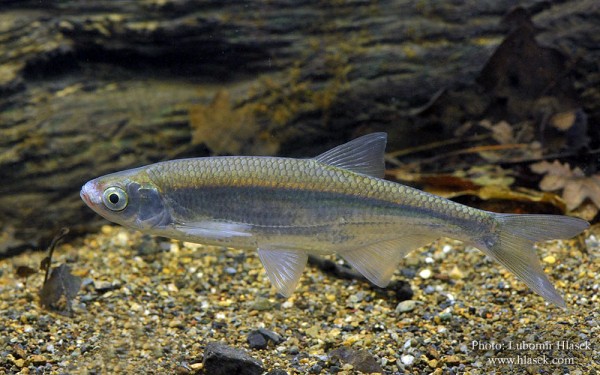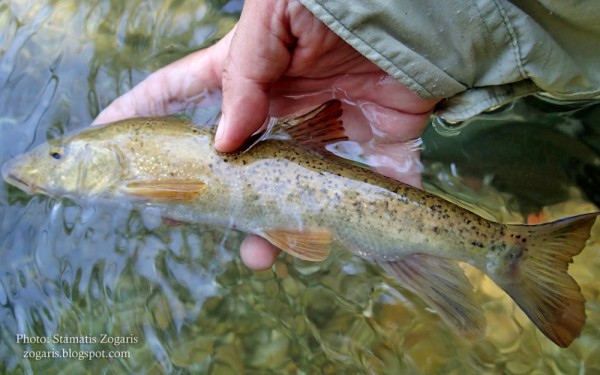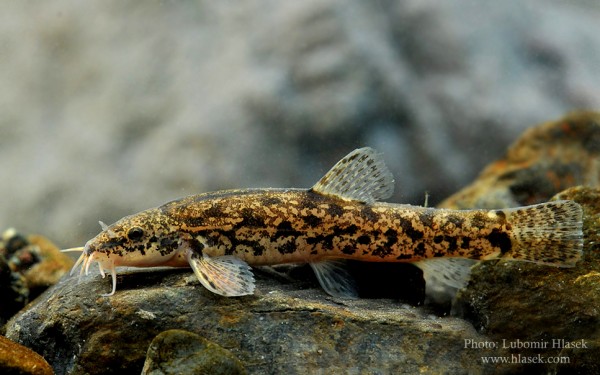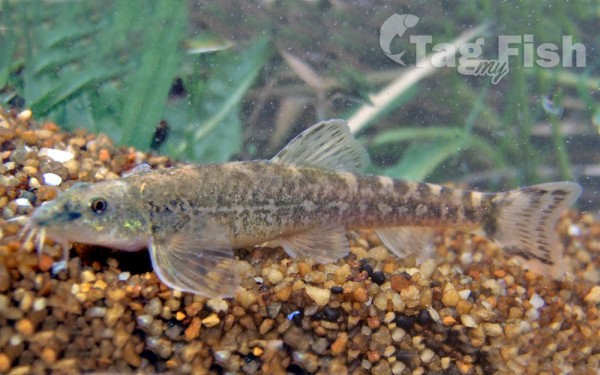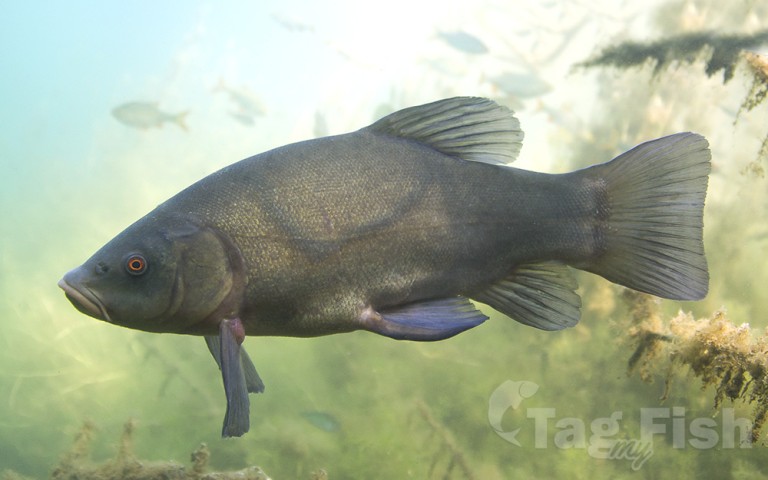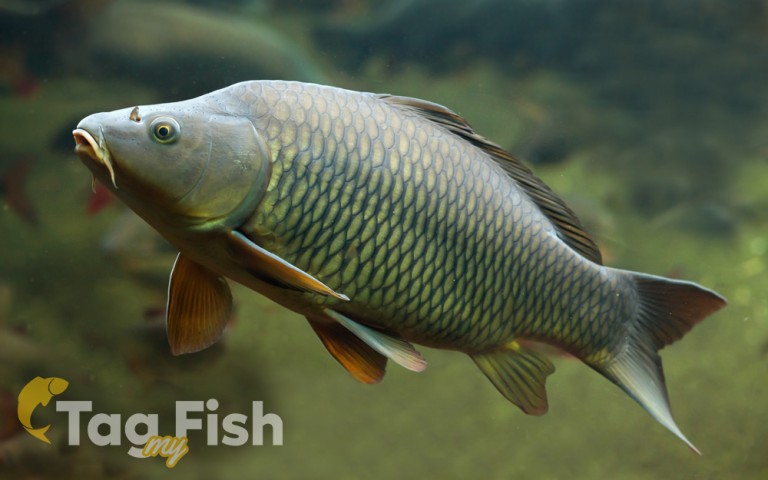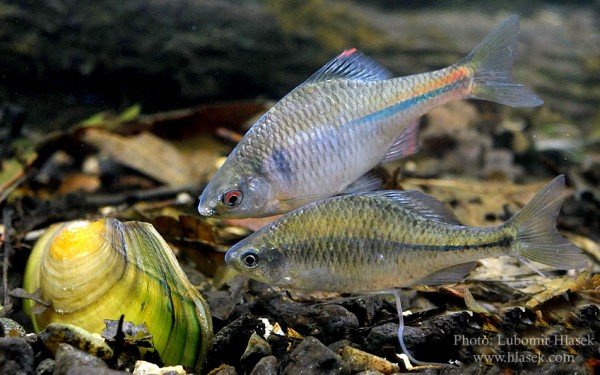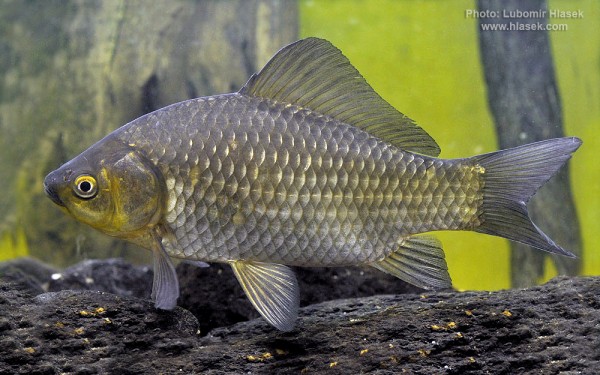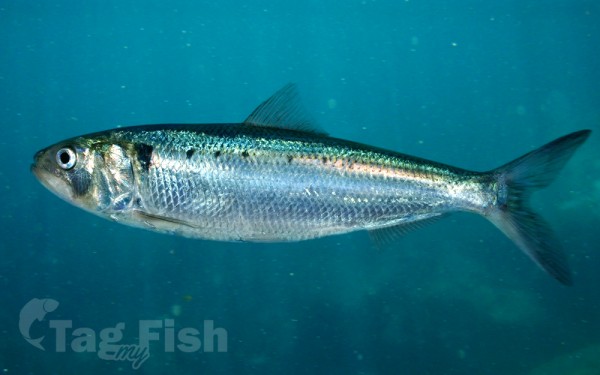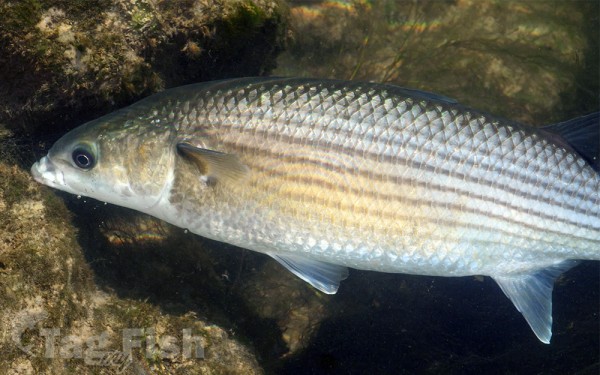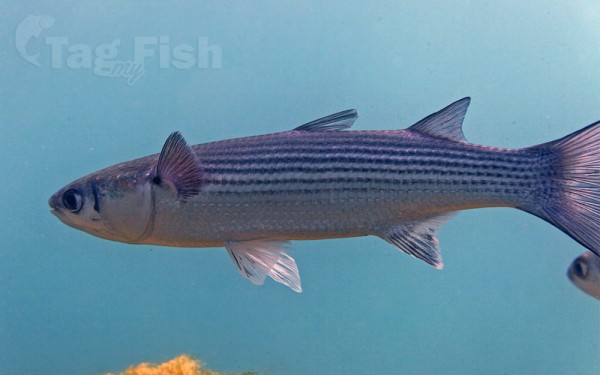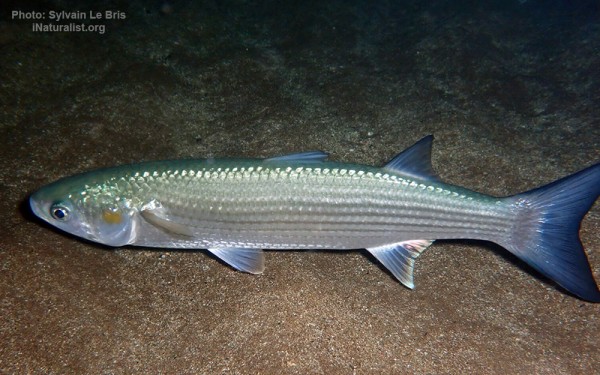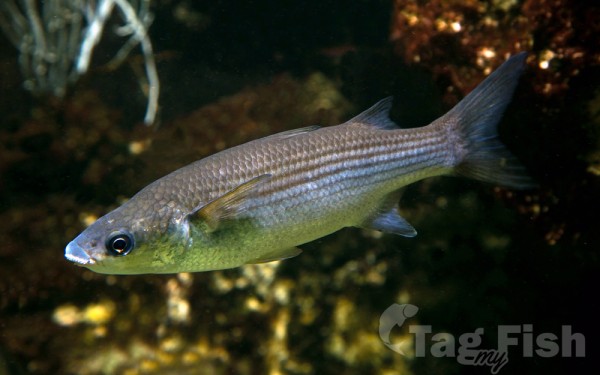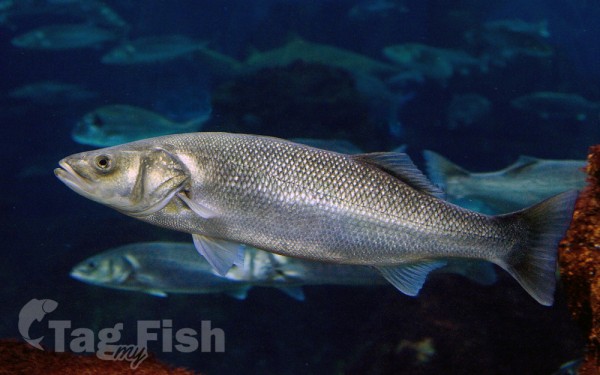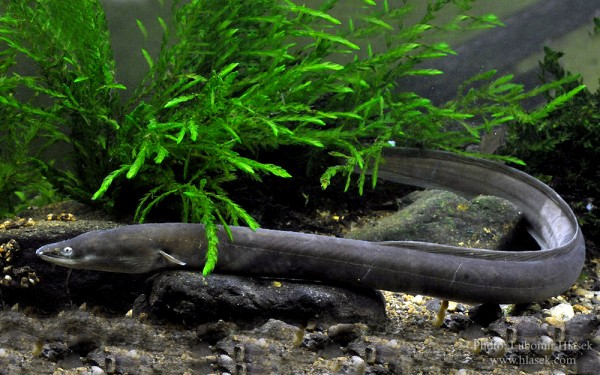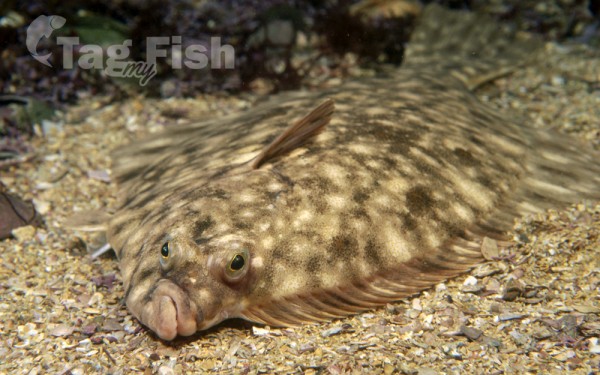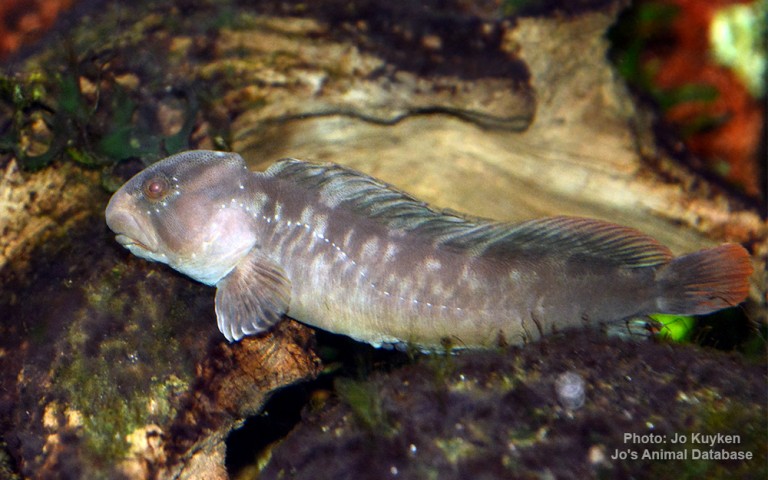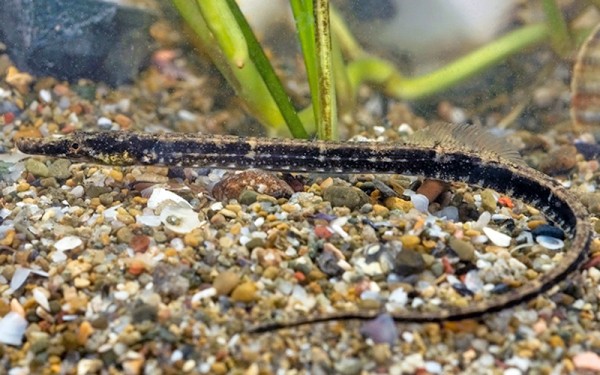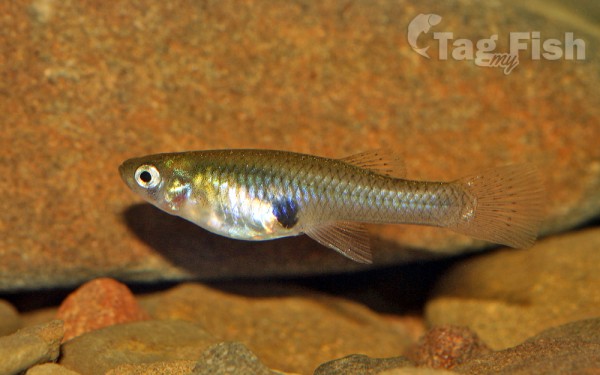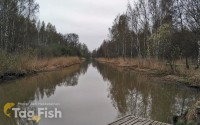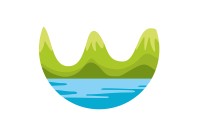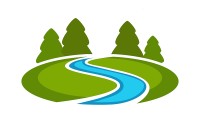Nestos
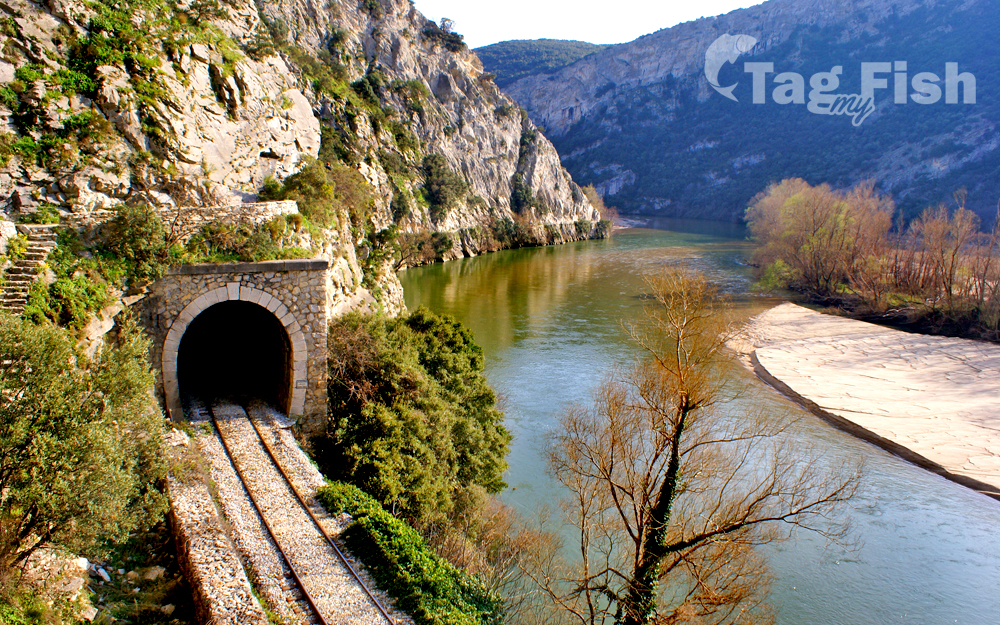
Perciformes - Perches
Salmoniformes - Salmons and Trouts
Esociformes - Pikes
Siluriformes - Catfishes
Centrarchiformes - Basses and sunfishes
Cypriniformes - Carps
Clupeiformes - Herrings
Mugiliformes - Mullets
Moroniformes - Temperate basses
Anguilliformes - Eels and morays
Pleuronectiformes - Flatfishes
Blenniiformes - Blennies
Syngnathiformes - Pipefishes and Seahorses
Cyprinodontiformes - Toothcarps
Perciformes - Perches
Salmoniformes - Salmons and Trouts
Esociformes - Pikes
Siluriformes - Catfishes
Centrarchiformes - Basses and sunfishes
Cypriniformes - Carps
Clupeiformes - Herrings
Mugiliformes - Mullets
Moroniformes - Temperate basses
Anguilliformes - Eels and morays
Pleuronectiformes - Flatfishes
Blenniiformes - Blennies
Syngnathiformes - Pipefishes and Seahorses
Cyprinodontiformes - Toothcarps
Perciformes - Perches
Salmoniformes - Salmons and Trouts
Esociformes - Pikes
Siluriformes - Catfishes
Centrarchiformes - Basses and sunfishes
Cypriniformes - Carps
Clupeiformes - Herrings
Mugiliformes - Mullets
Moroniformes - Temperate basses
Anguilliformes - Eels and morays
Pleuronectiformes - Flatfishes
Blenniiformes - Blennies
Syngnathiformes - Pipefishes and Seahorses
Cyprinodontiformes - Toothcarps
Nestos (Bulgarian: Mesta), or formerly the Mesta Karasu in Turkish (Karasu meaning black river), is a river in Bulgaria and Greece. It rises in the Rila Mountains and flows into the Aegean Sea near the island of Thasos. It plunges down towering canyons toward the Aegean Sea through mostly metamorphic formations.
In the end, the mainstream spreads over the coastal plain of Chrysoupolis and expands as a deltaic system with freshwater lakes and ponds forming the Nestos delta. The length of the river is 230 km (140 mi), of which 126 km (78 mi) flow through Bulgaria[1] and the rest in Greece. Its drainage area is 5,184 km2 (2,002 sq mi), of which 66% is in Bulgaria. It forms some gorges in Rila and Pirin.
The longest tributary is the Dospat (or Despatis). The banks of the river are covered mainly by deciduous trees that extend halfway between Bulgaria and Greece where it forms the modern boundary of Greek Macedonia and Thrace, as well as the boundary between the Kavala and the Xanthi regional units, having first crossed the Drama regional unit. The river later forms a delta to the north where swamplands, wetlands, and a lagoon once existed except in the east.




